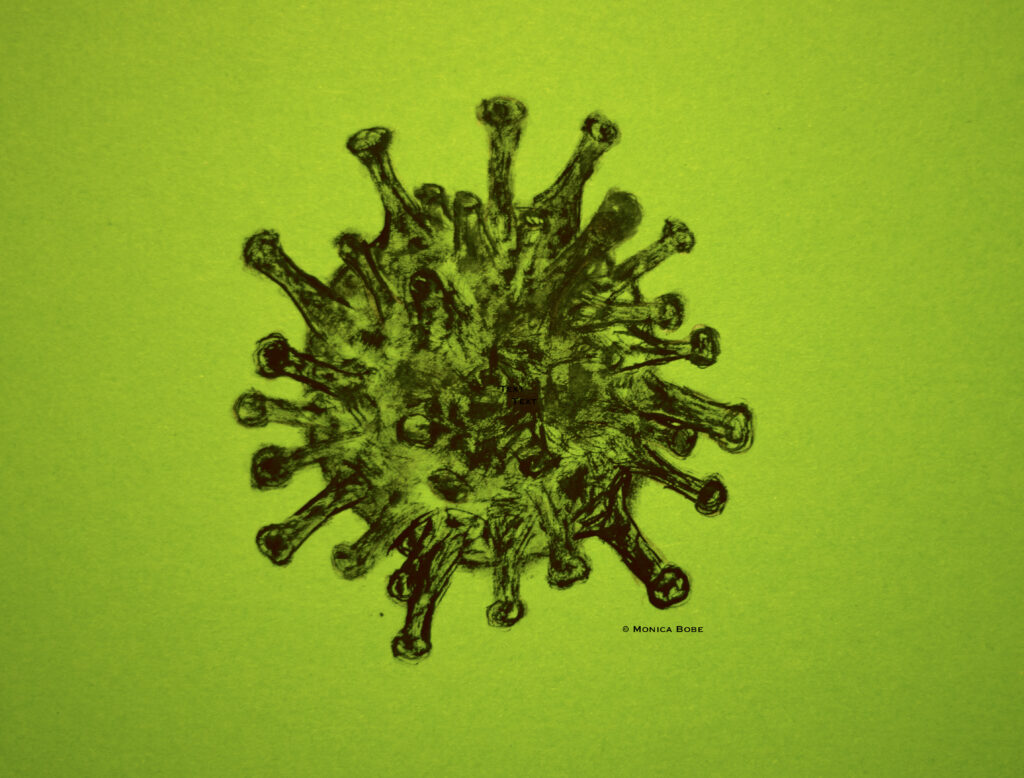Immunitarianism: defence and sacrifice in the politics of Covid-19

Pre-print paper available at https://osf.io/ax5mt/
Abstract: As witnessed over the recent months, immunity emerged as one of most highly debated topics in the current Covid-19 pandemic. Countries around the globe have been debating whether herd immunity or lockdown is the best response, as the race continues for developing a vaccine against coronavirus and as the economic costs of implementing strict containment measures are weighed against public health costs. What became evident all the more is that immunity is precisely what bridges between biological life and political life in the current climate, be it in terms of the contentious notion of herd immunity, the geopolitical struggle for vaccines, or the possible emergence of “Covid-elite”, i.e. holders of so-called “Immunity passports”. Immunity, as such, is certainly not only a matter of science and biology alone, but is inherently political in the way that pandemics themselves are often highly politicised. Drawing on the work of Roberto Esposito and other literature from the field of biopolitics, this paper provides a critical examination of the concept of immunity in light of the recent events, highlighting the intersections between the politics of defence and the politics of sacrifice which animate governments’ immunitary responses and public attitudes towards the Covid-19 pandemic. The paper ends with a discussion on the forms of solidarity that have been emerging during the current pandemic and their potential for an affirmative form of biopolitics.


